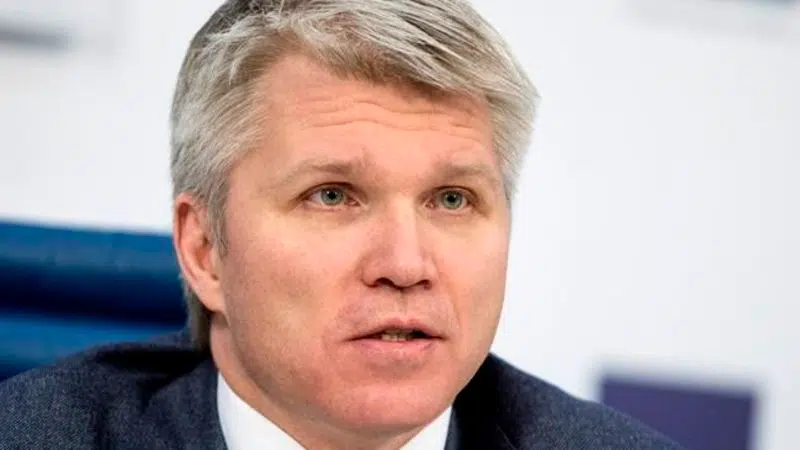
Russia, US go toe-to-toe at anti-doping meeting
KATOWICE, Poland — The fight was about doping.
The United States delivered haymakers. Russia came back with jabs.
The proverbial blows were delivered Wednesday in a vast conference room in Poland during a pair of 3-minute speeches that cut through the tedium of an otherwise sleepy rule-making forum held by the World Anti-Doping Agency.
Those speeches — one from Travis Tygart of the U.S. Anti-Doping Agency, the other from Russian sports minister Pavel Kolobkov — illustrated the wide gap in perceptions about what, exactly, has transpired over the past five years in the wake of a government-backed doping scheme in Russia that has upended the Olympic world and, most recently, imperiled the country’s eligibility for next year’s games.
